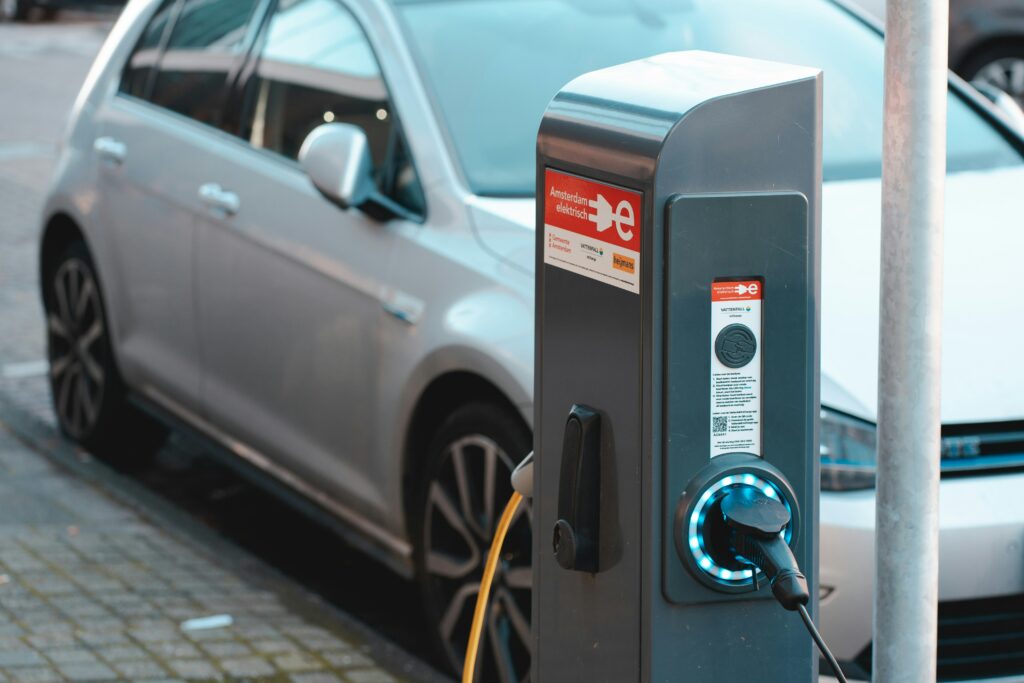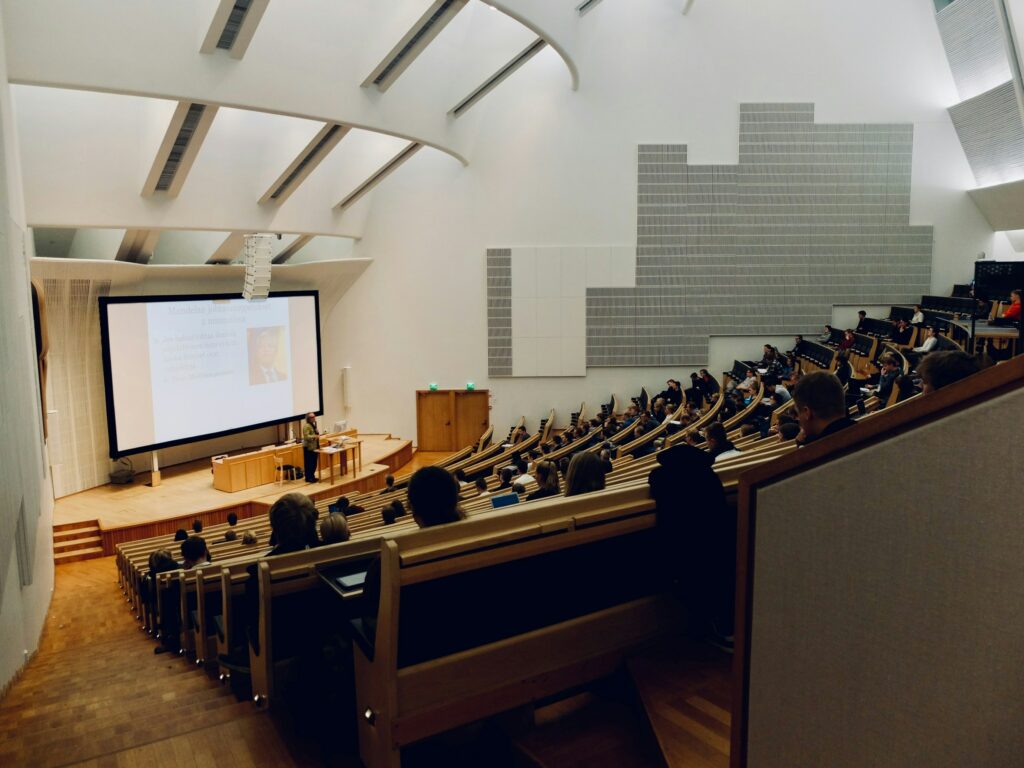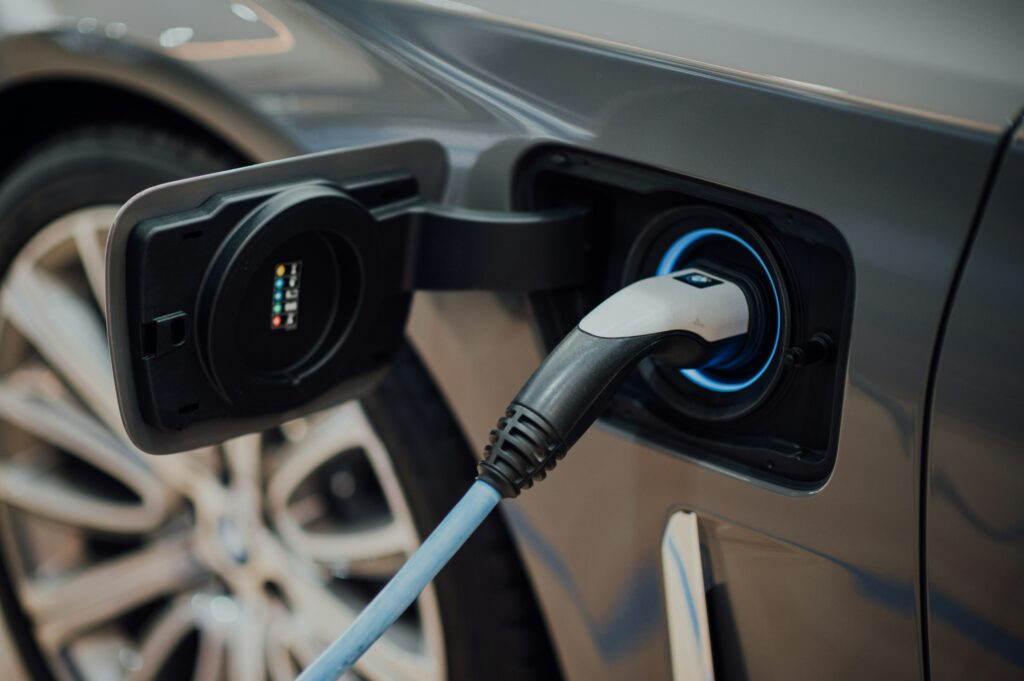
African-American Students’ Academic Achievement in STEM at HBCUs
Numerous reports assert that the United States must increase its production of highly educated workers in science, technology, engineering, and mathematics (STEM) fields in order to maintain its competitive edge in the global marketplace (Committee on Equal Opportunities in Science and Engineering 2004; National Science Foundation (NSF) 2006a, b; Southern Education Foundation, 2005). Historically Black Colleges and Universities (HBCUs) have an established and commendable record of graduating African-American students in STEM fields. They are best suited to assist the United States in meeting its STEM workforce needs. According to the Thurgood Marshall College Fund’s latest demographic study, in 2006-2007, 23,531 students were pursuing degrees in STEM at an HBCU, an increase of 57 percent over the last two decades. An analysis of the Integrated Postsecondary Education Data System (IPEDS) (2004) revealed that nationwide HBCUs were the source of 22 percent of all bachelor’s degrees awarded to Blacks and 30 percent of the bachelor’s degrees awarded to Blacks in STEM fields.
HBCUs STEM Graduates
HBCUs continue to produce a disproportionate number of degrees awarded to African-American students in the STEM fields. Though only about 14 percent of African-American college students attend HBCUs, 40 percent of all African-American engineers received their degrees from these institutions. Similarly, of the top 21 undergraduate producers of African-American science Ph. D.s, 17 were HBCUs (U.S. Commission on Civil Rights Briefing Report). The accomplishments underscore the valiant strides that HBCUs have made and continue to make with African-American student populations despite the lack of pre-enrollment factors, i.e., high school preparation, grade point average, past course work in math and science, and maintenance of interest that have been found to foreshadow success in STEM fields.
State of STEM Education
The state of STEM education in the United States is at best described as concerning and at worst dismal. A 2010 report submitted by the President’s Council of Advisors on Science and Technology (PCAST) revealed that STEM education in the U.S. will determine whether the country will remain a leader among nations of the world in solving complex global technological challenges. According to President Barack Obama, “The key to meeting these challenges—to improving our health and well-being, to harnessing clean energy, to protecting our security, and succeeding in the global economy—will be reaffirming and strengthening America’s role as the world’s engine of scientific discovery and technological innovation”.
Read the entire article at: http://hbcutoday.net/index.php/hbcu-content/83-hbcus-today/stem-at-hbcus/323-academic-achievement-in-stem-at-hbcus
you may also like
Least Popular of the European Union’s Climate Policies
A new survey has found that Europeans are not fond of the climate policies that their gasoline…
National Innovation Summit Shines on HBCU Students
Getting discovered doesn’t just happen in Hollywood. Just ask Jordan Washington, a senior biological engineering student at…










